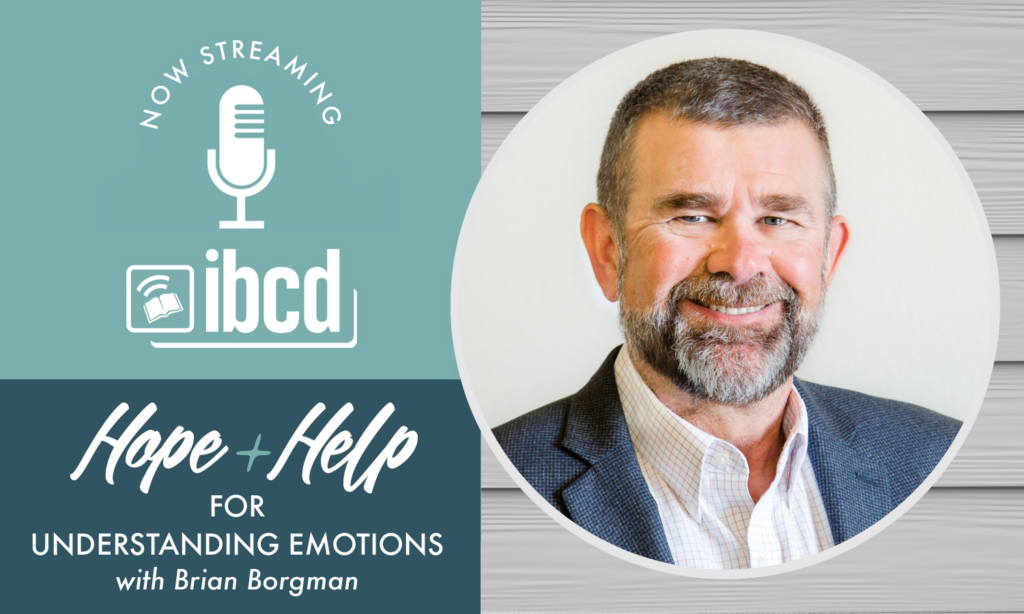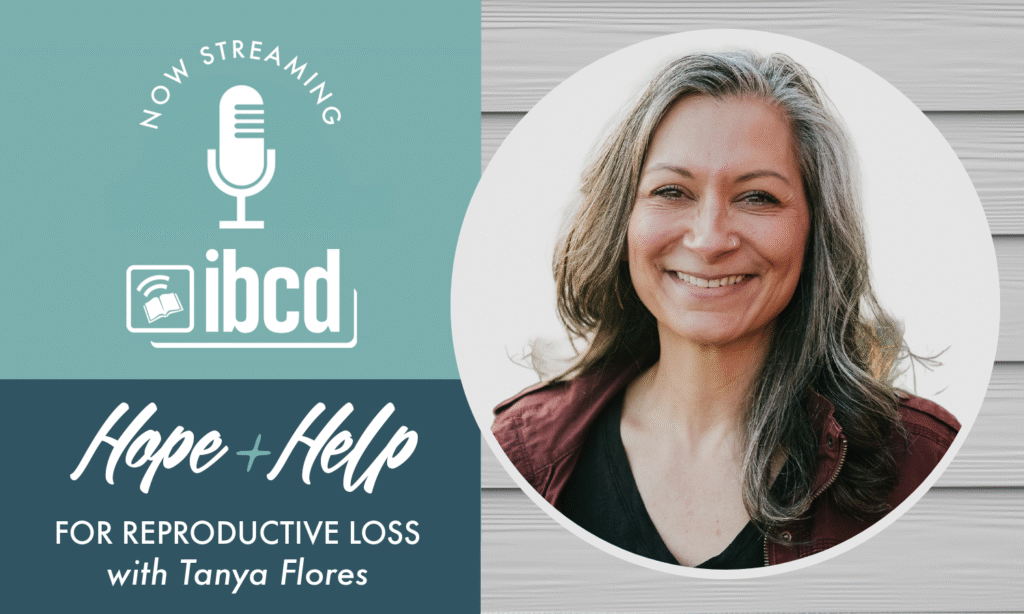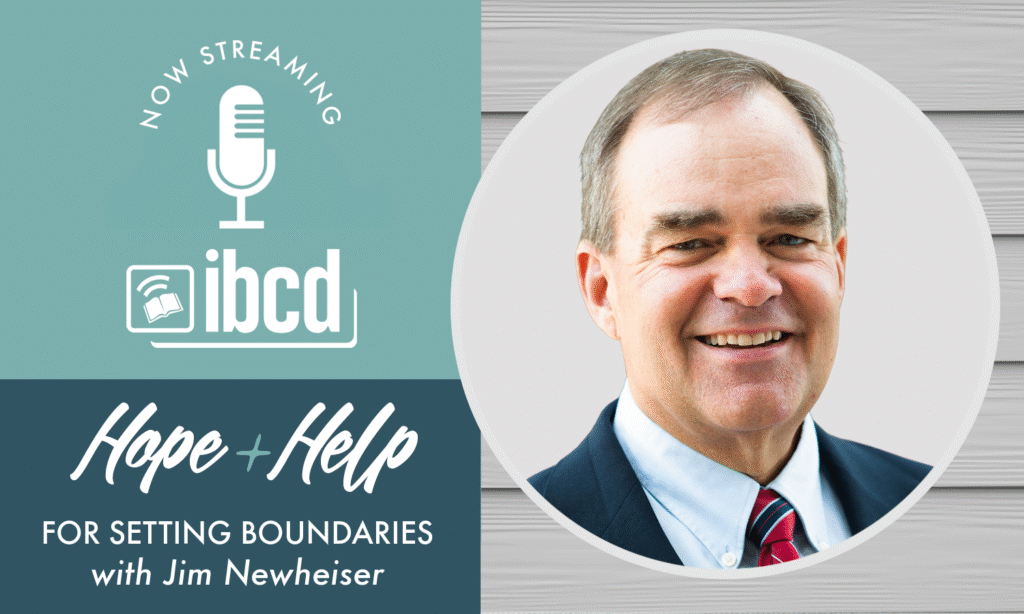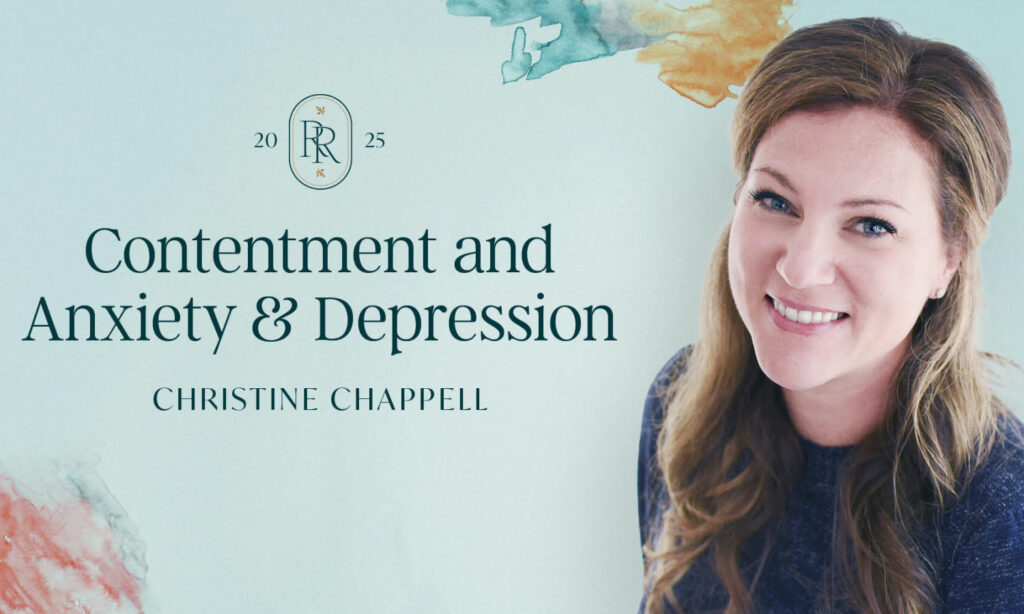Being admitted to the mental hospital didn’t feel like God’s mercy to me. It seemed more like a cruelty. I wanted to be “depression-free.” I thought that was a God-honoring goal to strive toward. With a household to run and a family to care for, there seemed no time to be downcast. I was tired of being sidelined by sadness.
But I was worn by conflicts and child-rearing challenges. Though I had tried so hard for so long to “keep calm and carry on,” the continual striving to be emotionally stable seemed futile. I would feel “fine” only for a time. Then I would crash.
Perhaps the worst sensation of all was the perceived absence of the Lord I loved. I couldn’t reconcile my sorrows with his apparent indifference. It seemed as if he had “forgotten to be gracious” to me — as if “in anger” he had “shut up his compassion” (Psalm 77:9). Surely God saw how hard I’d been trying and knew how long I had been crying. So why let me sit in a darkness that I’d been striving for years to stay out of? I felt so ashamed of my struggles. I felt like a God-forsaken failure.
It wasn’t until I was hospitalized that God let me hear how cruel my self-talk had become. I was so determined to be free from depression that the restless pursuit of that goal became my motive for living. In desperation, my hope shifted off of Christ and onto a change I couldn’t produce on my own. So, whenever hurt and heartbreak left me feeling overwhelmed again — whenever I couldn’t “snap out” of my miserable mood — I felt like an embarrassment of a believer. I despaired of life itself.
Unbeknownst to me — yet fully known to God — desperation had driven me away from his grace (Galatians 3:3; 5:4).
Perhaps the worst sensation of all was the perceived absence of the Lord I loved. I couldn’t reconcile my sorrows with his apparent indifference. It seemed as if he had “forgotten to be gracious” to me — as if “in anger” he had “shut up his compassion” (Psalm 77:9). Surely God saw how hard I’d been trying and knew how long I had been crying. So why let me sit in a darkness that I’d been striving for years to stay out of? I felt so ashamed of my struggles. I felt like a God-forsaken failure.
It wasn’t until I was hospitalized that God let me hear how cruel my self-talk had become. I was so determined to be free from depression that the restless pursuit of that goal became my motive for living. In desperation, my hope shifted off of Christ and onto a change I couldn’t produce on my own. So, whenever hurt and heartbreak left me feeling overwhelmed again — whenever I couldn’t “snap out” of my miserable mood — I felt like an embarrassment of a believer. I despaired of life itself.
Unbeknownst to me — yet fully known to God — desperation had driven me away from his grace (Galatians 3:3; 5:4).













